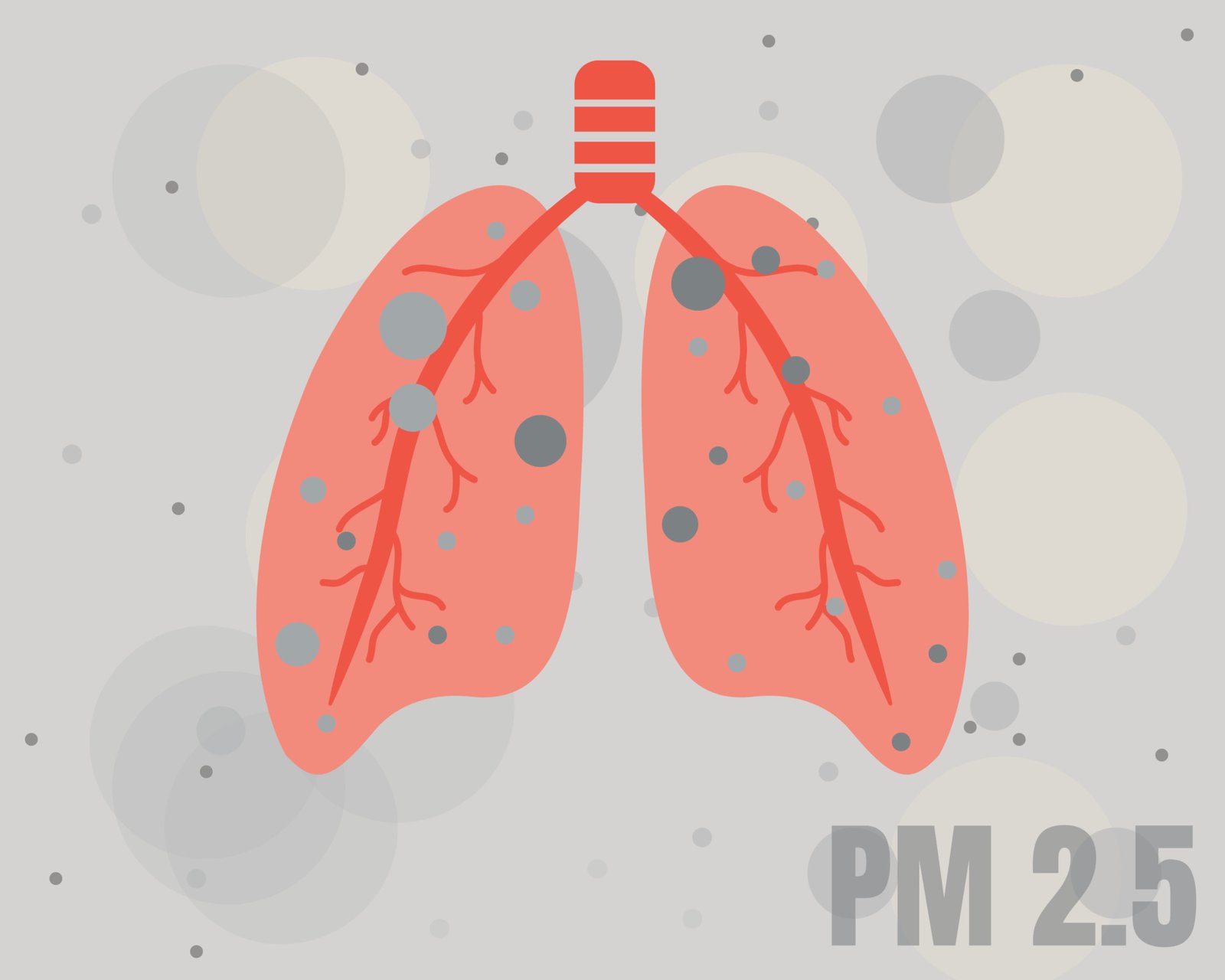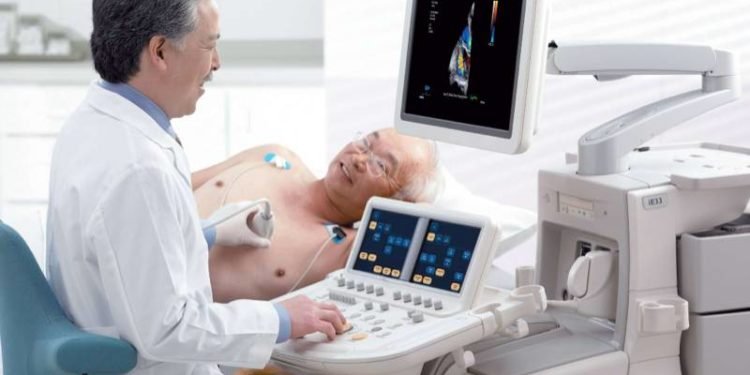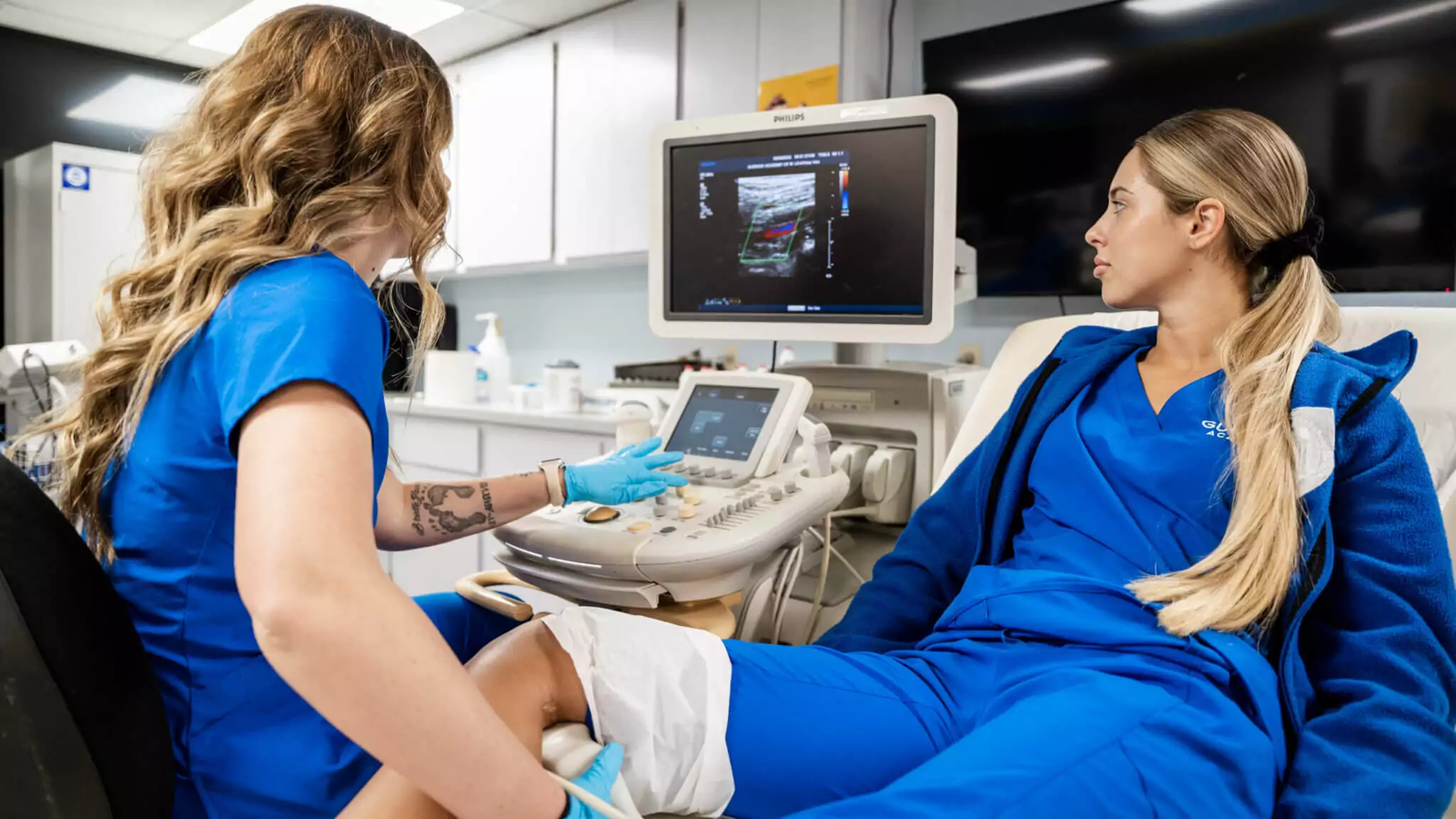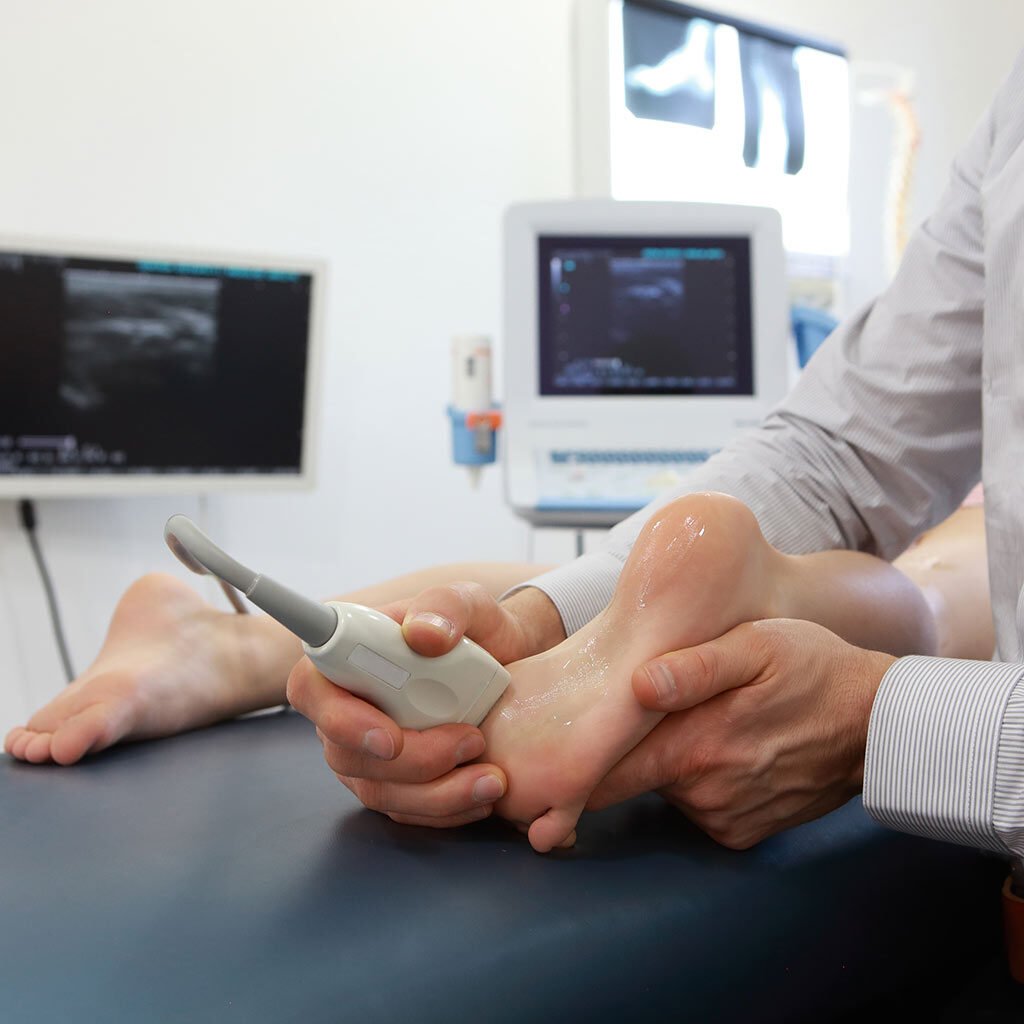
+1 (915) 615-7155
We operate 9am-5pm - weekdays
Cardiologists are medical doctors specializing in diagnosing and treating heart and blood vessel (cardiovascular) conditions. They manage diseases like heart attacks, heart failure, arrhythmias, and hypertension.

At Piccadilly Vascular Vein and Heart Center, we strive for excellence utilizing state-of-the art medical equipment with cutting edge technology and procedural techniques to address a variety of cardiovascular conditions. We specialize in treating peripheral vascular disease that may result in abnormal blood circulation to the legs as well as personalized care for varicose veins. Our goal is to improve your quality of life and overall cardiovascular health. Limb salvage and amputation prevention is our watchword.
Heart Disease refers to a range of conditions affecting the heart, including coronary artery disease, heart rhythm problems (arrhythmias), and congenital heart defects.
Coronary Artery Disease (CAD): Caused by the buildup of plaque in the heart’s arteries, leading to reduced blood flow.
Heart Attack (Myocardial Infarction): Occurs when blood flow to a part of the heart is blocked for a long enough time that part of the heart muscle is damaged or dies.
Heart Failure: A condition where the heart cannot pump enough blood to meet the body’s needs.
Arrhythmias: Abnormal heart rhythms, such as atrial fibrillation or ventricular tachycardia.
Congenital Heart Defects: Heart abnormalities present at birth.
Explore our diverse range of services designed to keep you healthy and thriving. From routine check-ups to specialized care, we’re here for you every step of the way!
Nullam quis dolor sed ante ultricies mattis. Mauris luctus felis nec nulla eleifend pulvinar. In imperdiet mi vitae quam placerat dapibus.






Lorem ipsum dolor sit amet, consectetur adipiscing elit. Nullam consectetur posuere velit, vel fermentum ipsum accumsan in. Pellentesque euismod justo dui, sed pellentesque augue vulputate ac.
Dr. Obiora Egbuche is an interventional cardiologist and endovascular specialist, the chief executive officer, and director of Piccadilly Vascular Vein & Heart Center. He completed his medical degree at the University of Nigeria Faculty of Medicine with clinical rotations at North Middlesex University Hospital, London, UK. He then completed his Master of Public Health at University of North Texas Health Science Center, his residency and cardiology training at Morehouse School of Medicine (MSM), and Interventional cardiology fellowship at The Ohio State University. His clinical focus is peripheral artery disease (PAD), venous disease including venous thromboembolism, renal artery disease, coronary artery disease, structural heart disease, particularly patent foramen ovale/septal defect closure and valvular heart disease with a special focus on aortic valve disease. He has authored several manuscripts that are published in a variety of reputable cardiology journals. He was the principal investigator at MSM for several clinical research initiatives. He has been invited to review papers, write editorials, or contribute to writing chapters in books. Dr. Egbuche is a PAD advocate and has particular interest in amputation prevention and limb salvage. He is involved with the global campaign for limb salvage and has intense desire for bridging the gap in PAD care

Lorem ipsum dolor sit amet, consectetur adipiscing elit. Nullam consectetur posuere velit, vel fermentum ipsum accumsan in. Pellentesque euismod justo dui, sed pellentesque augue vulputate ac.
Call Us to Register an Appoitment at +(915)-615-7155
Lorem ipsum dolor sit amet, consectetur adipiscing elit. Nullam consectetur posuere velit, vel fermentum ipsum accumsan in. Pellentesque euismod justo dui, sed pellentesque augue vulputate ac.





Schedule your visit with our expert healthcare professionals. Your health is our priority, and we’re here to provide you with personalized care. Choose a convenient time that works for you!
As you age, your risk for heart disease increases due to factors like changes in blood vessels, heart rhythm, and the presence of other health conditions. Regular check-ups, maintaining a heart-healthy lifestyle, and managing risk factors are crucial for maintaining cardiovascular health.
Diabetes increases the risk of heart disease due to high blood sugar levels damaging blood vessels and nerves that control the heart. Managing blood sugar levels is essential for reducing this risk.
If you experience chest pain, especially if it’s severe or accompanied by shortness of breath, nausea, or sweating, seek emergency medical attention immediately.
Focus on a diet rich in fruits, vegetables, whole grains, lean proteins, and healthy fats, while limiting saturated fats, trans fats, sodium, and sugars.
Quality sleep is vital for heart health; poor sleep patterns can lead to high blood pressure and other cardiovascular issues. Aim for 7-9 hours of restorative sleep per night.
Women may have different symptoms of heart disease and may benefit from specific testing, such as stress tests or imaging, based on individual risk factors and health history.
Moderate alcohol consumption may have some benefits for heart health, but excessive drinking can lead to high blood pressure, cardiomyopathy, and increased risk of heart disease.
Cardiac rehabilitation is a medically supervised program that helps patients recover and improve their heart health after a heart attack or surgery, involving exercise, education, and support.
Regularly check your blood pressure and heart rate, maintain a healthy diet, and keep track of any symptoms or changes in your health. Consider using wearable technology for additional monitoring.
If you have a family history of heart disease, be proactive about your health. Schedule regular check-ups, discuss your family history with your doctor, and focus on a heart-healthy lifestyle.
Risk factors include high blood pressure, high cholesterol, diabetes, smoking, obesity, and family history. Regular check-ups and discussions with your healthcare provider can help assess your risk.
Cardiology is a branch of medicine that specializes in diagnosing and treating heart and blood vessel conditions, known as cardiovascular diseases.
A cardiologist manages diseases such as heart attacks, heart failure, arrhythmias, and hypertension. They provide treatment plans, medications, and lifestyle recommendations.
You should consult a cardiologist if you experience symptoms like chest pain, shortness of breath, irregular heartbeats, or have risk factors like high blood pressure or diabetes.
Look for board certification in cardiology, experience in your specific concerns, and a good track record of patient care and satisfaction.
Bring your medical history, a list of medications, any previous test results, and be prepared to discuss your symptoms and concerns.
Bring your ID, insurance information, medical records, a list of your current medications, and any relevant family health history.
Most major insurance plans cover cardiology services, but it’s best to check with your provider regarding specific coverage details.
We accept various payment methods, including major credit cards, cash, and payment plans. Contact our office for more details.
You can reach us by phone or through the contact form on our website. We aim to respond promptly to all inquiries.
Symptoms can include chest pain, fatigue, shortness of breath, dizziness, and swelling in the legs or ankles.
High blood pressure often has no symptoms, which is why regular check-ups are important. A simple blood pressure test can confirm your status.
Chest pain can result from various conditions, including heart disease, anxiety, digestive tract issues, or muscle strain. It’s important to seek medical attention if you experience severe pain.
Signs include palpitations, dizziness, fainting, or a feeling of skipped heartbeats. If you notice these symptoms, consult a cardiologist.
Major risk factors include high blood pressure, high cholesterol, smoking, diabetes, obesity, and a sedentary lifestyle.
High levels of LDL cholesterol (bad cholesterol) can lead to plaque buildup in arteries, increasing the risk of heart disease, peripheral artery disease, and stroke.
Smoking damages blood vessels, raises blood pressure, and reduces oxygen in the blood, significantly increasing the risk of heart disease.
An echocardiogram uses sound waves to create images of your heart, helping to evaluate its structure and function. It is best described as the ultrasound of the heart.
A stress test measures your heart’s response to physical activity or stress. You’ll exercise on a treadmill or stationary bike while your heart rate and rhythm are monitored. We may also use medications to stress your heart instead of exercise.
During this test, you’ll wear a portable device that records your heart’s activity for 24 to 48 hours, allowing for comprehensive monitoring of your heart rhythm.
Heart failure is diagnosed through a combination of medical history, physical exams, and tests like echocardiograms and blood tests.
An angiogram is a procedure that uses dye and X-rays to visualize blood vessels in your heart, helping to identify blockages or other issues.
Common tests include ultrasound, D-dimer tests, and venography, which help confirm the presence of clots in veins.
Adults should have their blood pressure checked at least once a year, or more frequently if you have risk factors or existing conditions.
A lipid panel measures cholesterol and triglyceride levels, helping assess your risk for heart disease and guiding treatment.
Yes, lifestyle changes such as diet, exercise, and smoking cessation can significantly improve your cardiovascular health and test outcomes.
Treatment options include lifestyle changes, medications, and sometimes procedures to address underlying issues.
Treatment may include medications, lifestyle changes, or procedures like ablation to correct abnormal heart rhythms. During an ablation, the heart tissue that causes the abnormal rhythm is destroyed such that the abnormal rhythm does not recur.
Options include lifestyle changes, medications, and regular monitoring to ensure cholesterol levels remain within a healthy range.
Treatment typically involves blood thinners, compression stockings, and most importantly procedures to remove clots or prevent recurrence.
Consider adopting a heart-healthy diet, engaging in regular exercise, quitting smoking, and managing stress.
Chronic stress can lead to high blood pressure and unhealthy coping mechanisms like overeating or smoking, increasing heart disease risk.
While some heart conditions can be managed and improved, complete reversal may not be possible. Lifestyle changes can significantly enhance heart health.
Screenings help detect risk factors early, enabling timely interventions and better management of cardiovascular health.
These programs provide support and resources to quit smoking, which can significantly reduce the risk of heart disease and improve overall health.
We offer educational materials, workshops, and personalized care plans to support your journey towards better heart health.

Schedule your visit with our expert healthcare professionals. Your health is our priority, and we’re here to provide you with personalized care. Choose a convenient time that works for you!
Leading the Way in Limb Salvage and Amputation Prevention
Join our newsletter for the latest in medical advancements, health tips, and wellness insights tailored for you. Stay informed and empowered!